Keto Vegetables: In the ever-evolving landscape of nutrition and dietary trends, the ketogenic (keto) diet has emerged as a powerful contender, captivating the interest of health enthusiasts and individuals seeking effective ways to manage their weight and overall well-being. Rooted in the principle of ketosis, the keto diet advocates a distinctive approach to macronutrient consumption, emphasizing high fats, moderate proteins, and minimal carbohydrates. This dietary shift prompts the body to transition from utilizing carbohydrates for energy to relying on fats, leading to potential benefits such as weight loss and improved metabolic health.
Central to the success of the keto journey is a thoughtful selection of foods, with a particular focus on vegetables that are low in carbohydrates. In this article, we embark on an exploration of the vibrant world of keto-approved vegetables, uncovering their nutritional treasures and discussing why they play a pivotal role in maintaining the delicate balance required for ketosis.

Join us as we navigate through a curated list of 18 keto-friendly vegetables, learning about their carb content, nutrient profiles, and how they can elevate your keto experience. Additionally, we’ll shed light on vegetables to approach with caution, understanding that not all greens are created equal when it comes to carb counts. As we delve into the realm of keto-approved fruits, we’ll discover sweet delights that can be enjoyed in moderation, adding a burst of flavor to your low-carb journey.
Embark on this culinary voyage with us, where we unravel the secrets of keto vegetables and fruits, empowering you to make informed choices that align with your health and dietary goals. Whether you’re a seasoned keto enthusiast or a newcomer intrigued by the prospect of ketosis, this guide is designed to be your compass in the world of low-carb nutrition. Let’s set sail into the heart of keto-friendly foods, where every bite brings you closer to the metabolic magic of ketosis.
Understanding the Keto Diet

Before embarking on the journey of exploring the realm of keto-friendly vegetables, it’s crucial to grasp the foundational principles of the ketogenic diet. This transformative dietary approach has gained widespread popularity for its potential to trigger a state of ketosis, fundamentally altering the way our bodies utilize energy.
The Essence of Ketosis
At the core of the keto philosophy is the concept of ketosis, a metabolic state where the body shifts its energy source from glucose derived from carbohydrates to ketones produced from fat. This shift holds significant implications for weight loss, improved blood glucose control, and an array of health benefits.
Weight Loss Mechanism
The ketogenic diet capitalizes on the body’s innate ability to burn fat for fuel. By drastically reducing carbohydrate intake and increasing the consumption of healthy fats, individuals prompt their bodies to enter ketosis. In this state, stored fat is broken down into ketones, providing a consistent and efficient energy source, leading to weight loss.
Enhanced Blood Glucose Control
For individuals with type 2 diabetes, the keto diet has shown promising results in enhancing blood glucose control. Studies suggest that the reduction in carbohydrate intake can lead to improved insulin sensitivity, potentially allowing for reduced doses of insulin and other diabetes medications.
Carb Limitations in the Keto Diet
The cornerstone of the keto diet lies in meticulously managing carbohydrate intake. To achieve and sustain ketosis, individuals typically restrict their daily carbohydrate consumption to approximately 50 grams or less. This requires a discerning approach to food choices, especially when it comes to vegetables, which naturally contain carbohydrates.
Choosing Low-Carb Vegetables
Vegetables are a crucial component of a balanced diet, even on the ketogenic journey. However, not all vegetables are created equal in the context of carb content. The focus shifts towards selecting vegetables that are not only nutrient-dense but also low in carbohydrates. This strategic choice ensures that individuals can enjoy the health benefits of vegetables without jeopardizing their ketosis goals.
The Nutrient-Rich Quest
In the pursuit of low-carb vegetables, the emphasis extends beyond merely counting carbs. It involves a quest for nutrient-rich options that provide essential vitamins, minerals, and fiber. This approach ensures that individuals on the keto diet maintain a well-rounded and nourishing intake.
The Importance of Fiber
While the keto diet is characterized by its low-carb nature, the inclusion of fiber-rich foods, such as certain vegetables, is paramount. Fiber not only supports digestive health but also contributes to a feeling of fullness, aiding in appetite control—a crucial aspect of successful and sustainable weight management.
In essence, understanding the keto diet involves appreciating the intricate dance between macronutrients, particularly the deliberate reduction of carbohydrates to usher in the metabolic marvel of ketosis. With this foundation, we can now delve into the world of keto vegetables—a palette of vibrant, nutrient-packed options designed to complement the journey towards optimal health and well-being.
Keto-Approved Vegetables: A Deep Dive into Low-Carb Nutritional Powerhouses
As we embark on the exploration of keto-approved vegetables, it’s essential to not only acknowledge their impressively low carbohydrate content but also to appreciate the rich tapestry of nutrients they bring to the table. Each vegetable is a unique contributor to the vibrant palette of a ketogenic diet, offering not only low-carb goodness but a wealth of essential vitamins and minerals.
1. Celery
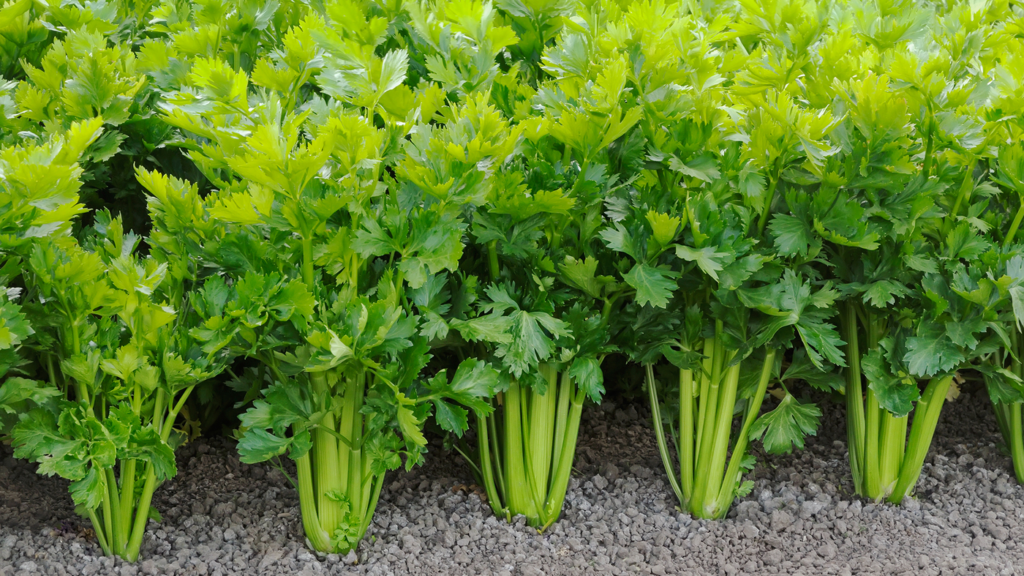
Carbs: 2.97 grams per 100 grams
Nutrients: Renowned for its crisp texture, celery emerges as a keto champion, not only delivering a mere 2.97 grams of carbs but also packing a punch of calcium and potassium. This water-rich vegetable is not just a crunchy snack but a hydrating nutrient powerhouse.
2. Zucchini
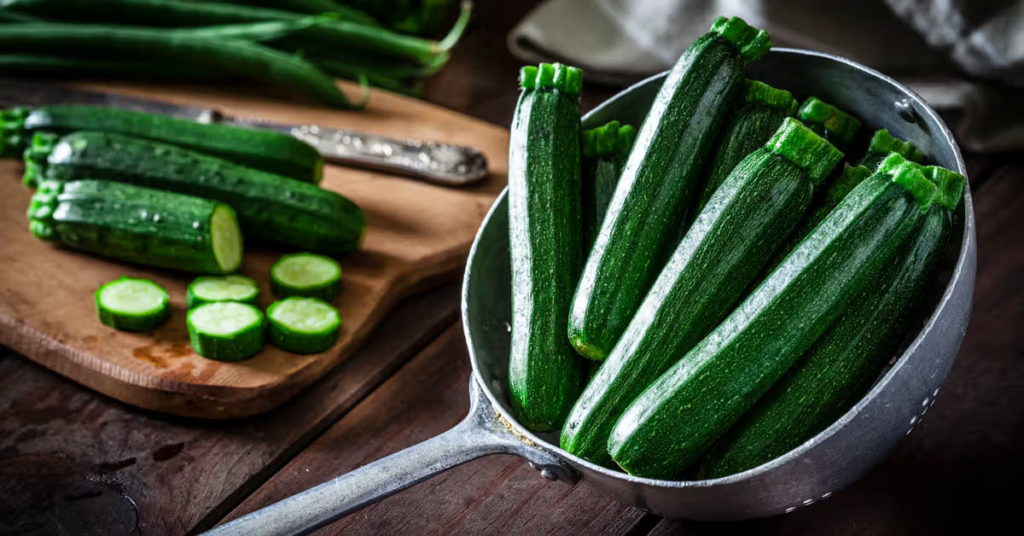
Carbs: 3.11 grams per 100 grams
Nutrients: Beyond its mild flavor and versatility, zucchini boasts an impressive nutrient profile. With 3.11 grams of carbs per 100 grams, it stands as a low-carb star, providing a substantial dose of vitamin C, phosphorus, and potassium—a trifecta of essential nutrients for overall well-being.
3. Mushrooms

Carbs: 3.26 grams per serving
Nutrients: Often celebrated for their umami richness, mushrooms contribute not only depth to dishes but also a mere 3.26 grams of carbs per serving. Packed with potassium, they elevate both taste and nutritional value in keto culinary creations.
4. Romaine Lettuce
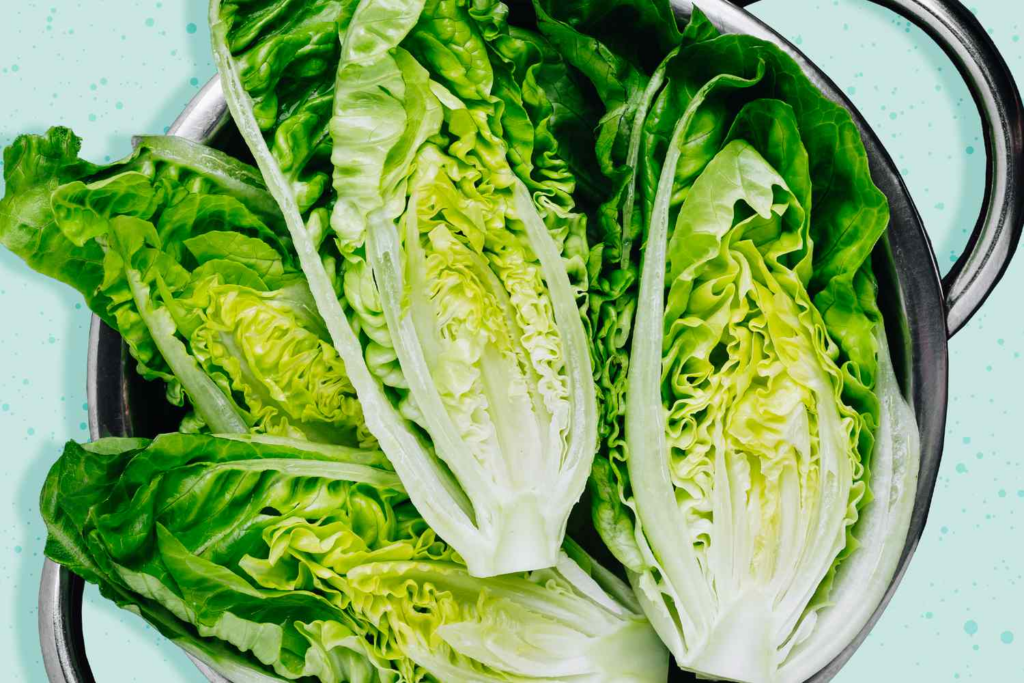
Carbs: 4.06 grams per 100 grams
Nutrients: Serving as the perfect canvas for keto-friendly salads, romaine lettuce offers a mere 4.06 grams of carbs per 100 grams. Beyond its low-carb allure, it brings beta-carotene and vitamin K to the table, enhancing both flavor and nutritional density.
5. Radishes

Carbs: 3.4 grams per 100 grams
Nutrients: Radishes, with their vibrant hue and satisfying crunch, provide a mere 3.4 grams of carbs per 100 grams. In addition to their low-carb status, they emerge as a good source of vitamin C, contributing to the nutritional diversity of keto-friendly meals.
6. Cucumbers
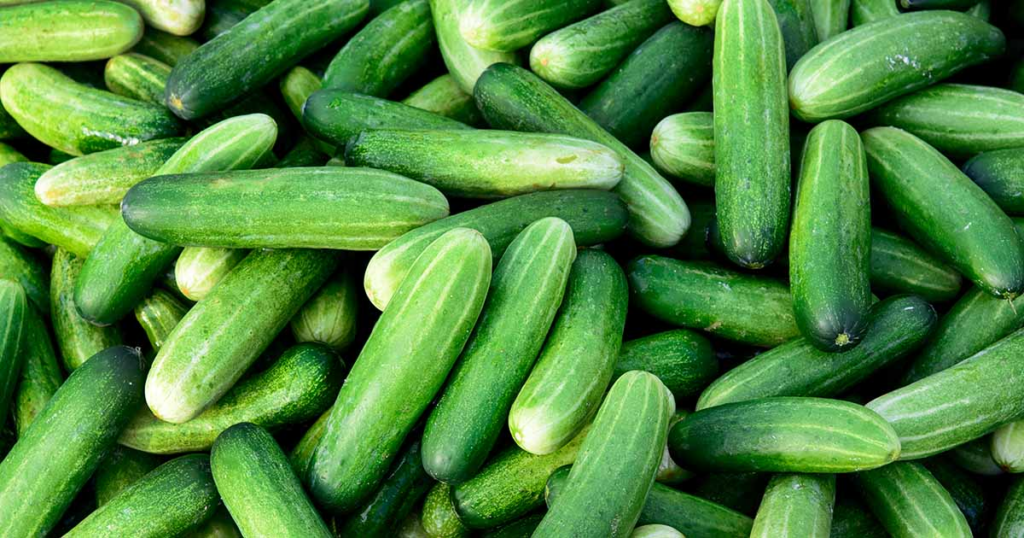
Carbs: 3.63 grams per 100 grams
Nutrients: A go-to for refreshing snacks, cucumbers offer a mere 3.63 grams of carbs per 100 grams. Beyond their hydrating nature, they stand as a good source of vitamin K, adding both crispness and nutritional value to keto-friendly dips and salads.
7. Spinach

Carbs: 3.63 grams per 100 grams
Nutrients: As a plant-based powerhouse, spinach not only provides 3.63 grams of carbs per 100 grams but also emerges as a rich source of calcium and iron. Its antioxidant properties further contribute to the nutritional arsenal of keto enthusiasts.
8. Arugula
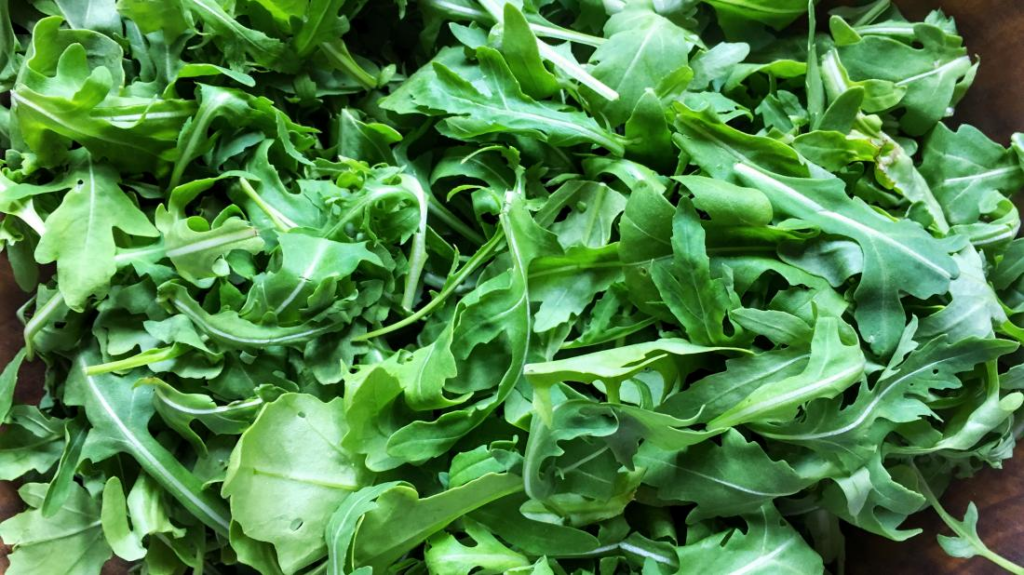
Carbs: 3.65 grams per 100 grams
Nutrients: Adding a peppery flair to salads, arugula brings a mere 3.65 grams of carbs per 100 grams. Beyond its distinctive flavor, it enriches keto meals with folate and vitamin K, enhancing both taste and nutritional diversity.
9. Asparagus
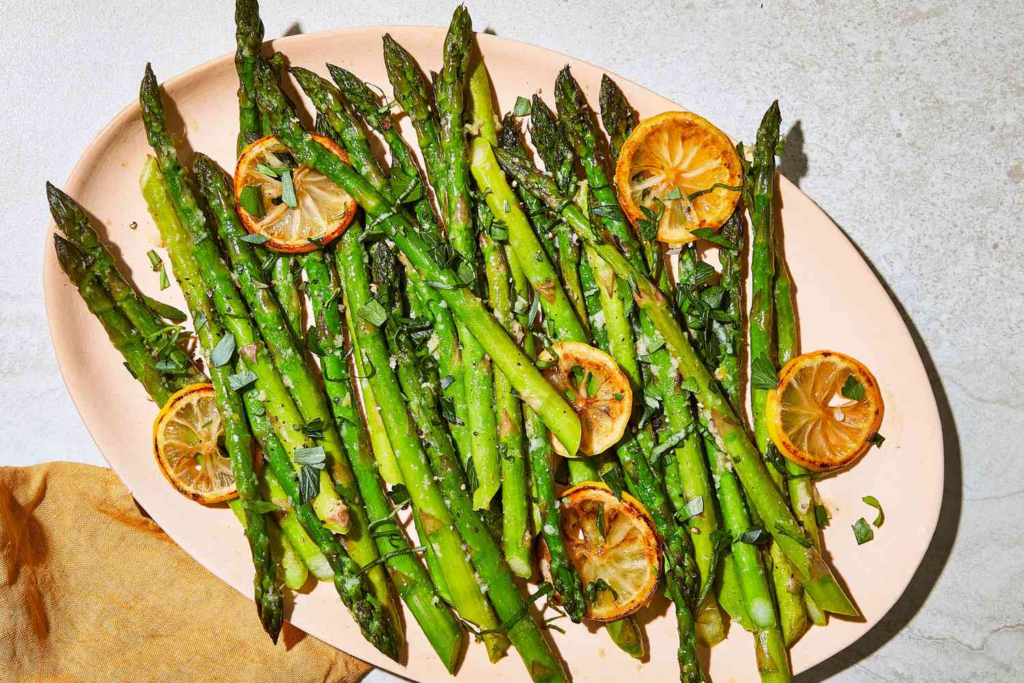
Carbs: 3.88 grams per 100 grams
Nutrients: Wrapped in bacon or served on its own, asparagus is a keto delight with 3.88 grams of carbs per 100 grams. Beyond its delectable taste, it offers a good source of iron, potassium, and vitamin C, contributing to both flavor and nutrition.
10. Tomatoes

Carbs: 3.89 grams per serving
Nutrients: Despite their slight carb content of 3.89 grams per serving, tomatoes are a flavorful addition to keto dishes. Laden with vitamin C, phosphorus, potassium, and calcium, they enhance both taste and nutritional density.
11. Kale

Carbs: 4.42 grams per 100 grams
Nutrients: Renowned as a nutrient powerhouse, kale provides 4.42 grams of carbs per 100 grams. Beyond its low-carb status, it stands as a robust source of calcium and vitamin C, contributing to the nutritional tapestry of keto meals.
12. Bell Peppers

Carbs: 4.78 grams per serving
Nutrients: Whether as a crunchy snack or a colorful topping, bell peppers bring a moderate carb content of 4.78 grams per serving. Bursting with vitamins, they add both vibrancy and nutritional value to keto culinary creations.
13. Cauliflower
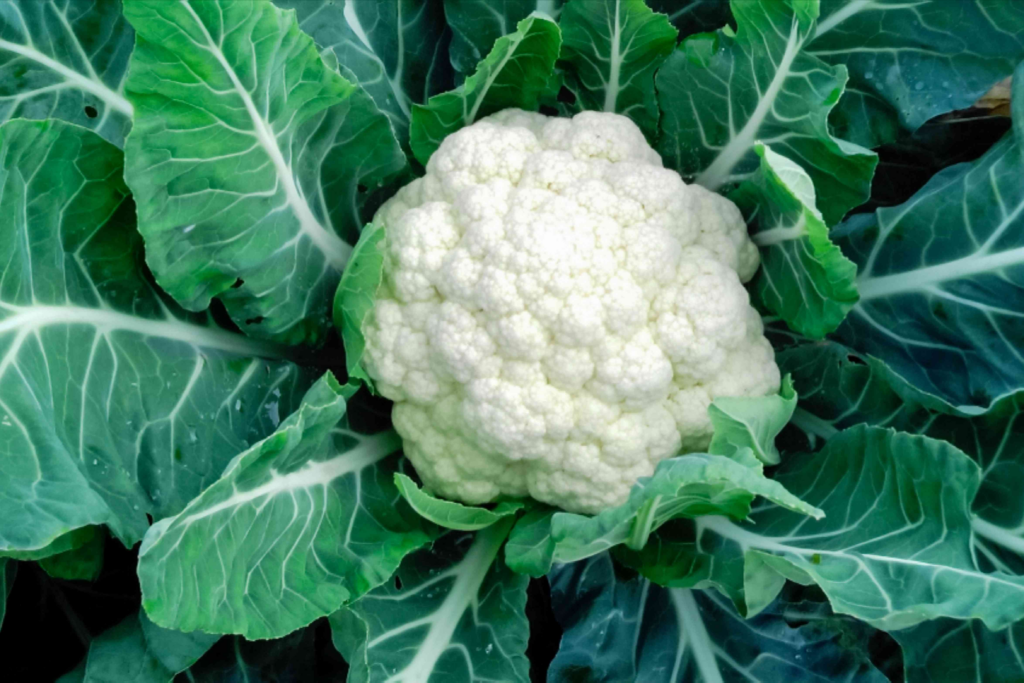
Carbs: 4.97 grams per serving
Nutrients: As a versatile cruciferous vegetable, cauliflower offers 4.97 grams of carbs per serving. This water-rich delight contributes calcium, phosphorus, and potassium to the keto repertoire, ensuring both flavor and nutritional density.
14. Eggplant
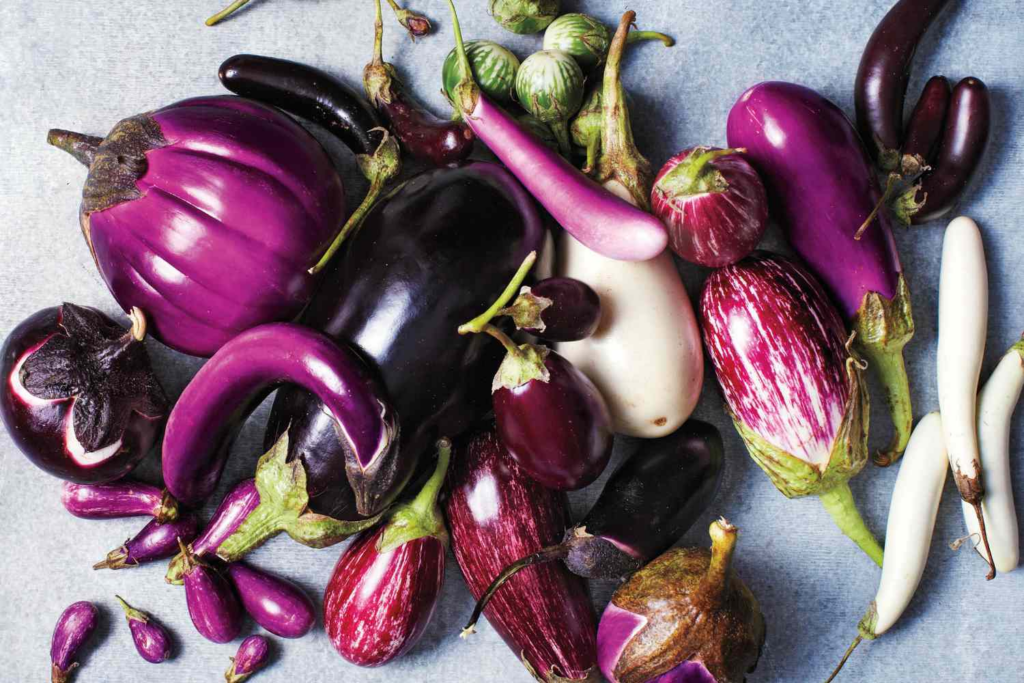
Carbs: 5.88 grams per serving
Nutrients: Standing as a robust meat substitute, eggplant provides 5.88 grams of carbs per serving. Beyond its versatility, it introduces vitamin A and lutein to the keto table, enhancing both taste and nutritional diversity.
15. Broccoli

Carbs: 6.27 grams per serving
Nutrients: A beloved member of the cruciferous family, broccoli boasts 6.27 grams of carbs per serving. With its high vitamin C content, along with calcium and potassium, it elevates the nutritional profile of keto meals.
16. Cabbage

Carbs: 6.38 grams per 100 grams
Nutrients: Whether enjoyed raw or cooked, cabbage offers 6.38 grams of carbs per 100 grams. Bursting with potassium, calcium, and phosphorus, it stands as a versatile addition to the keto culinary palette.
17. Green Beans
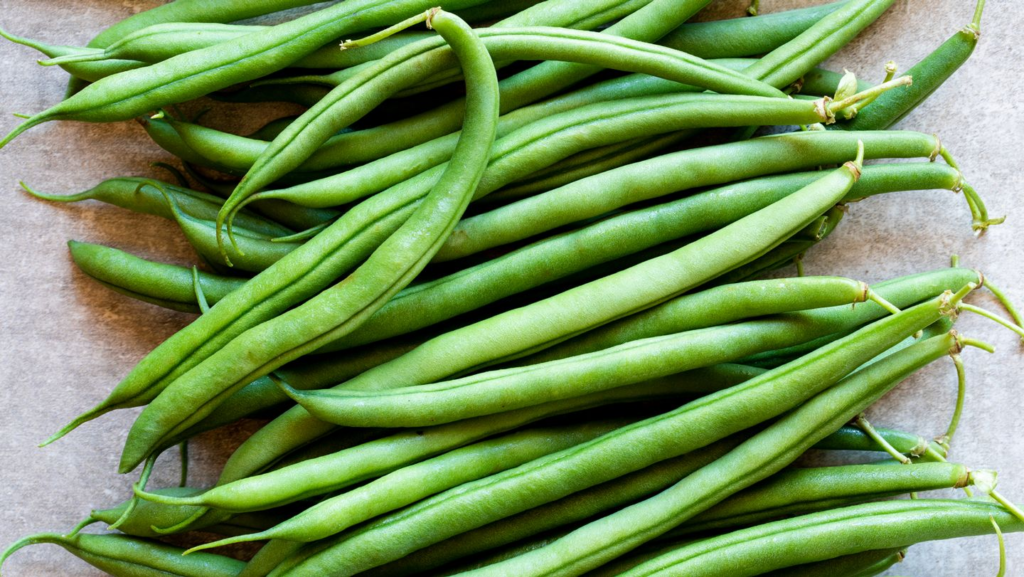
Carbs: 7.41 grams per serving
Nutrients: Making for a delicious side dish, green beans provide 7.41 grams of carbs per serving. Rich in both vitamin C and vitamin K, they contribute not only flavor but also nutritional value to keto meals.
18. Brussels Sprouts

Carbs: 8.95 grams per 100 grams
Nutrients: While best enjoyed in moderation, Brussels sprouts offer 8.95 grams of carbs per 100 grams. Providing phosphorus and potassium, they bring a distinctive flavor and nutritional richness to the keto table.
In summary, each of these keto-approved vegetables not only adheres to the low-carb principles of the ketogenic diet but also contributes a unique set of nutrients, textures, and flavors. Integrating these vegetables into your keto journey ensures a varied and nutrient-dense culinary experience, proving that a low-carb lifestyle can be both delicious and nutritionally rewarding.
Navigating the Carbohydrate Maze: Non-Keto Vegetables, Keto-Friendly Fruits, and the Art of Balance
Non-Keto Vegetables: A Cautionary Tale
In the intricate dance of the ketogenic diet, where carb consumption is meticulously monitored, steering clear of starchy vegetables is paramount to achieving and sustaining ketosis. Here, we delve into a list of non-keto vegetables, their carb content per 100 grams, and why they might pose a challenge for those aiming to keep their carbohydrate intake low:
1. Sweetcorn
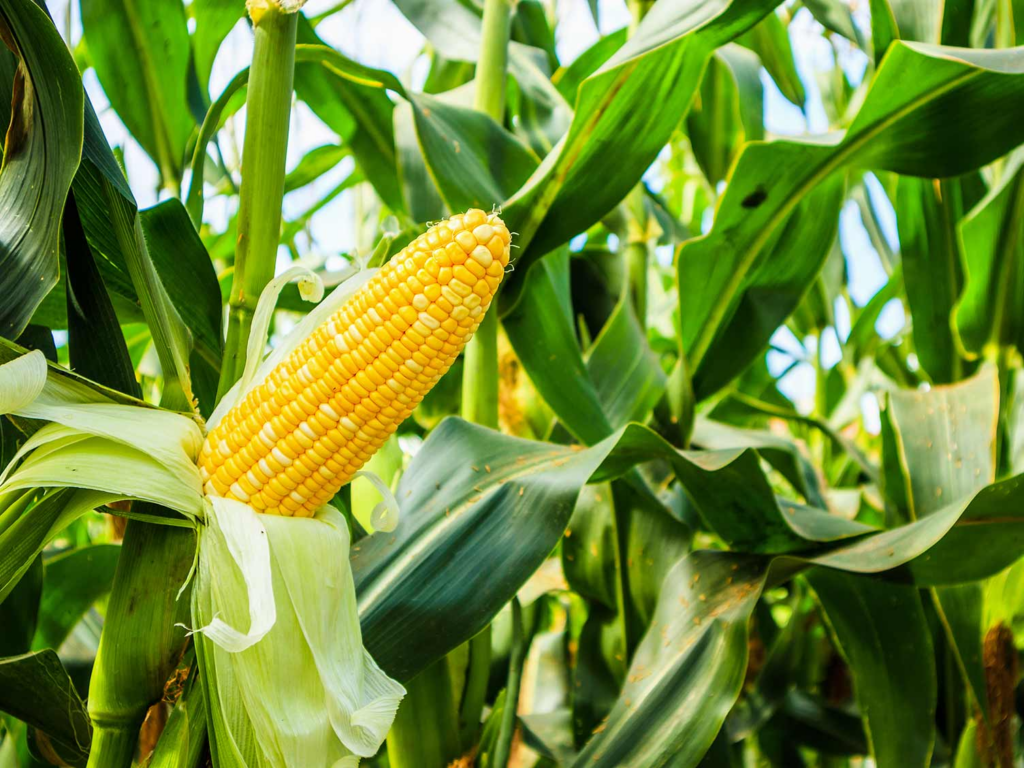
Carbs: 23.5 grams
A seemingly innocent golden delight, sweetcorn tops the charts with a substantial 23.5 grams of carbs per 100 grams, making it a clear non-keto contender.
2. Potatoes
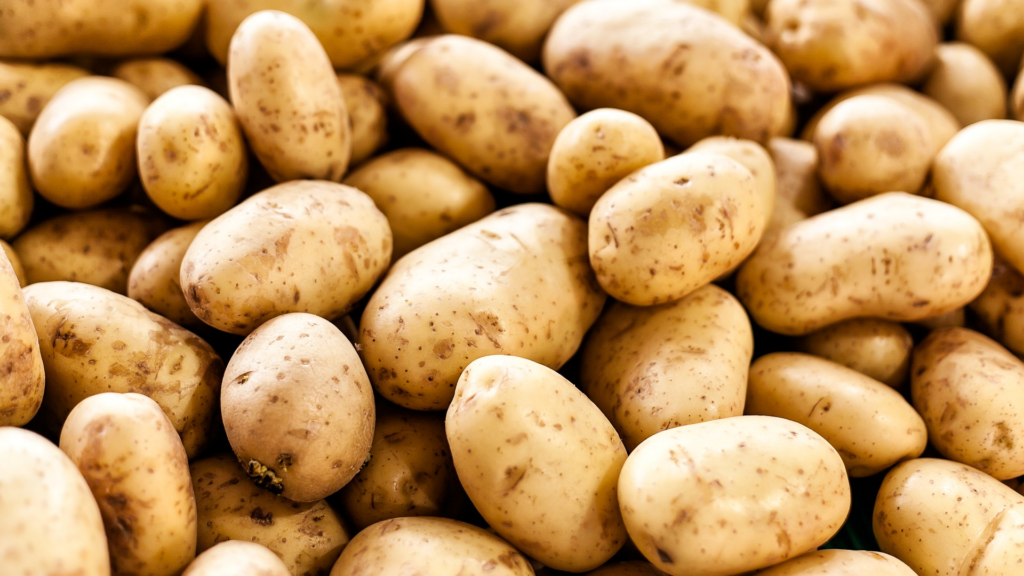
Carbs: 17.8 grams
A dietary staple for many, potatoes unveil their higher carb nature with 17.8 grams per 100 grams, rendering them less suitable for the keto journey.
3. Sweet Potatoes
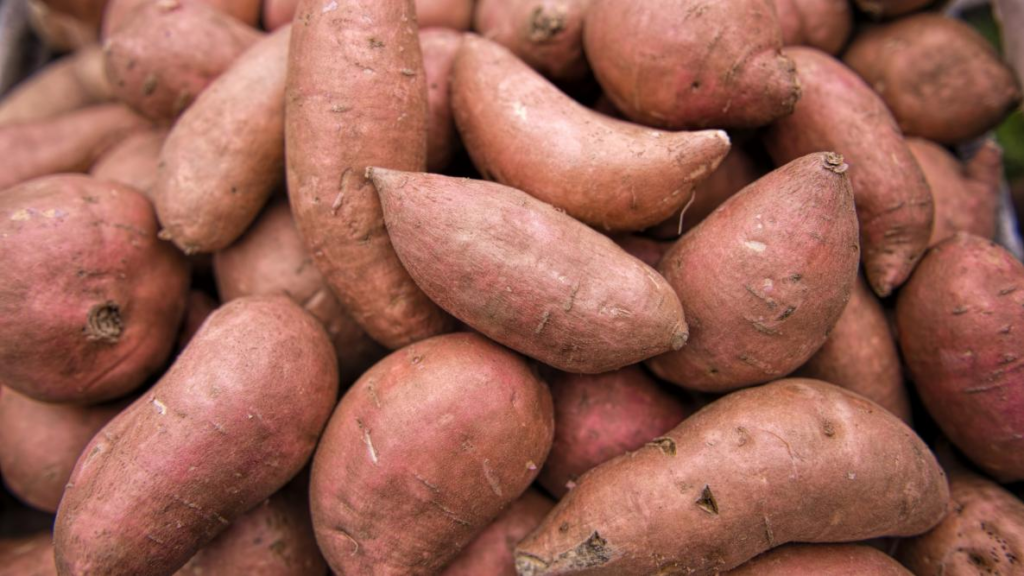
Carbs: 16.82 grams
While hailed for their nutritional richness, sweet potatoes unveil a carb content of 16.82 grams per 100 grams, warranting a cautious approach for keto enthusiasts.
4. Parsnips
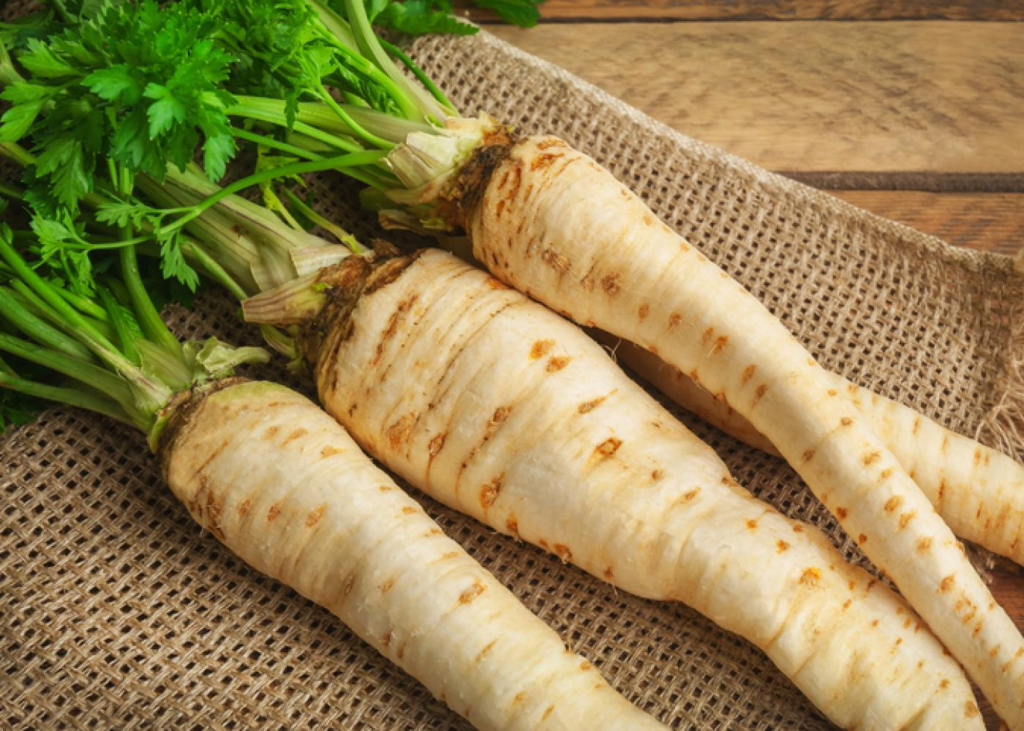
Carbs: 16.46 grams
Often an unsuspecting addition to dishes, parsnips reveal their carb density with 16.46 grams per 100 grams, challenging the low-carb ethos of the keto diet.
5. Peas
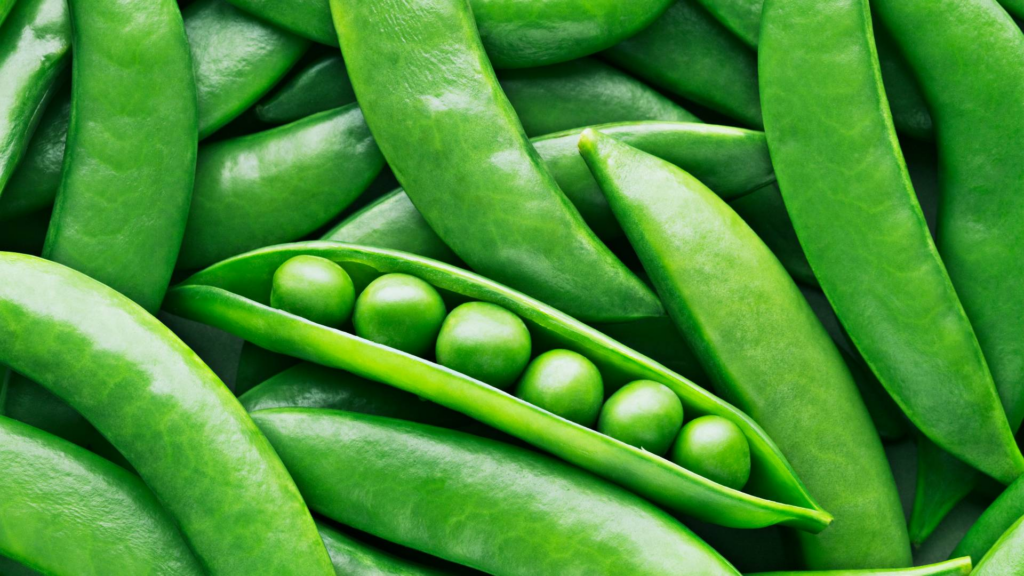
Carbs: 14.45 grams
A beloved addition to various culinary creations, peas showcase a carb content of 14.45 grams per 100 grams, making them less compatible with strict keto guidelines.
6. Beets
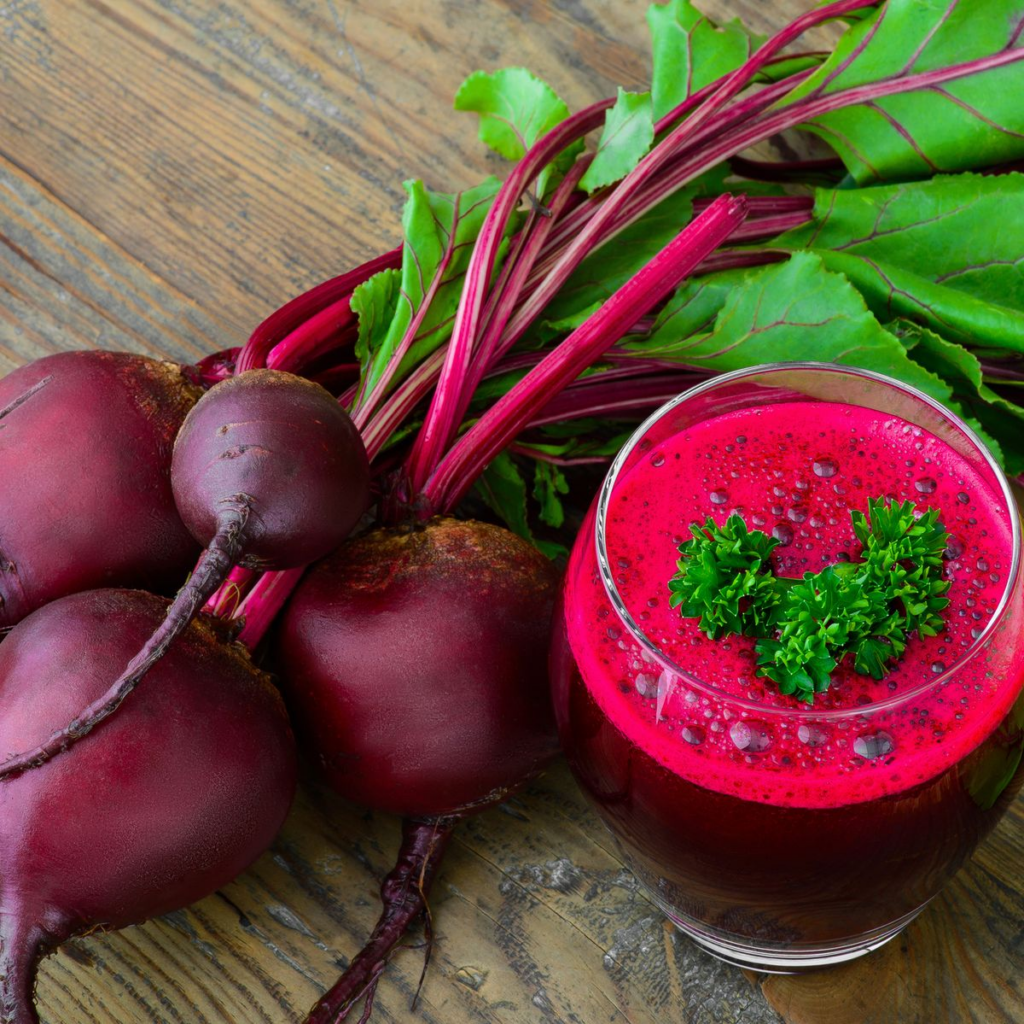
Carbs: 9.56 grams
Despite their vibrant hues and earthy flavors, beets present a challenge with 9.56 grams of carbs per 100 grams, emphasizing the need for moderation in keto planning.
7. Carrots

Carbs: 9.08 grams
Carrots, often synonymous with health, reveal a higher carb content of 9.08 grams per 100 grams, prompting a mindful approach for those adhering to keto principles.
It’s crucial for keto enthusiasts to exercise mindfulness, recognizing these non-keto vegetables’ potential to impede the delicate balance required for maintaining a state of ketosis.
Keto-Friendly Fruits: Sweetness in Moderation
While fruits are generally higher in carbs, some can be enjoyed in moderation on the keto journey. Here’s a curated list of keto-friendly fruits, their carb content per 100 grams, and why they can be a delightful addition to the low-carb lifestyle:
1. Avocados
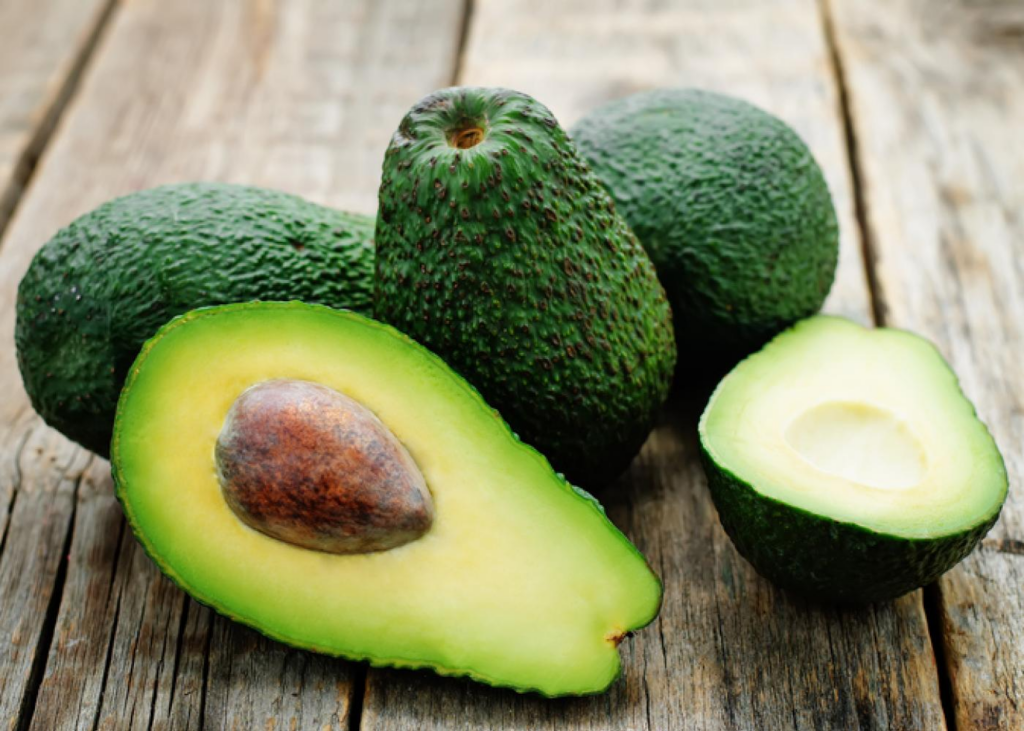
Carbs: 8.64 grams
Avocados, known for their creamy texture, offer a modest 8.64 grams of carbs per 100 grams. Their richness in healthy fats makes them a staple for keto enthusiasts.
2. Watermelon
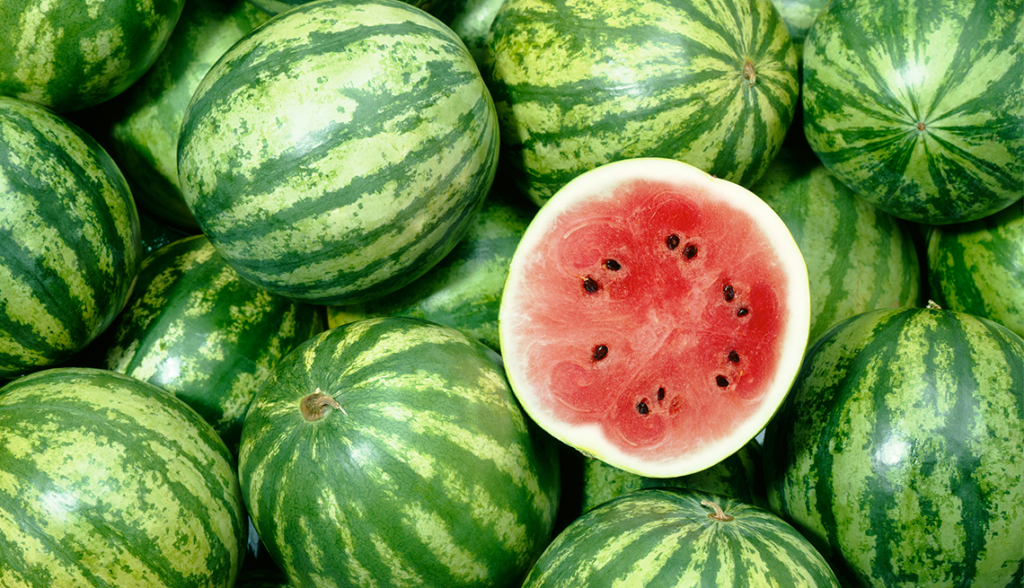
Carbs: 7.55 grams
Refreshing and hydrating, watermelon presents a reasonable carb content of 7.55 grams per 100 grams, allowing for a sweet indulgence in moderation.
3. Strawberries
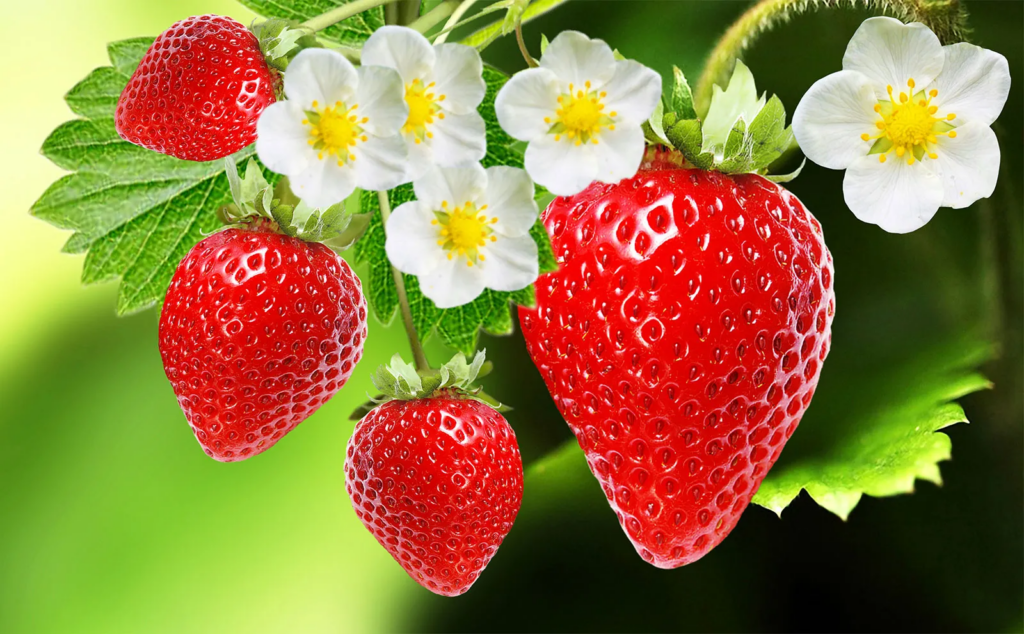
Carbs: 7.68 grams
Berries often find a special place in keto hearts, with strawberries leading the way at 7.68 grams of carbs per 100 grams—a delightful and relatively low-carb option.
4. Lemons

Carbs: 9.32 grams
Lemons, with their tangy zest, bring a burst of flavor with 9.32 grams of carbs per 100 grams. Their versatility makes them an excellent choice for enhancing both sweet and savory keto creations.
5. Raspberries
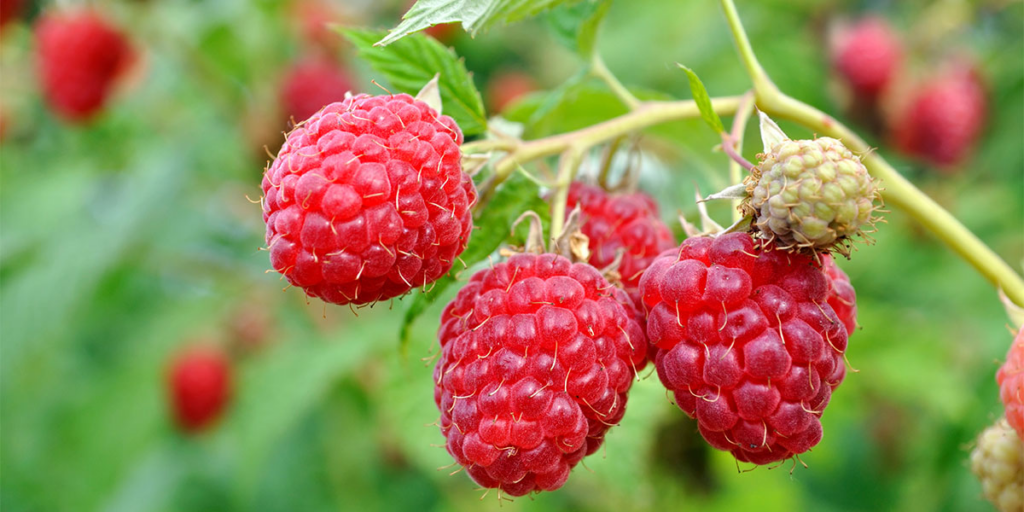
Carbs: 11.9 grams
Raspberries, with their vibrant hue, offer a slightly higher carb content at 11.9 grams per 100 grams. However, their rich fiber content contributes to a balanced keto approach.
6. Peaches
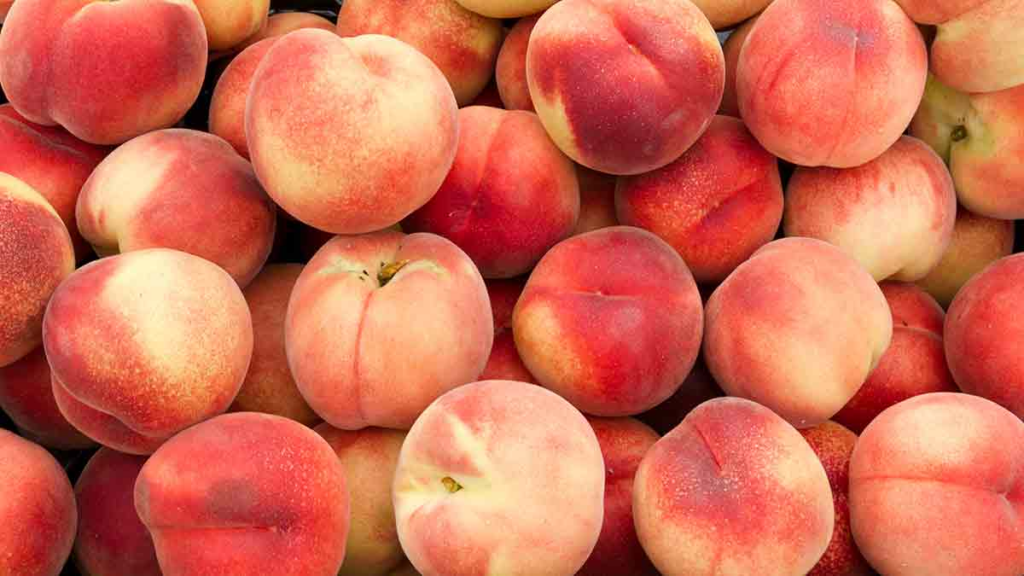
Carbs: 9.54 grams
Peaches, with their juicy sweetness, provide 9.54 grams of carbs per 100 grams. While to be enjoyed in moderation, they can be a delightful treat for keto taste buds.
7. Cantaloupe

Carbs: 8.16 grams
Cantaloupe, with its succulent flesh, registers at 8.16 grams of carbs per 100 grams. Its hydrating nature and moderate carb content make it a reasonable keto-friendly choice.
8. Blackberries
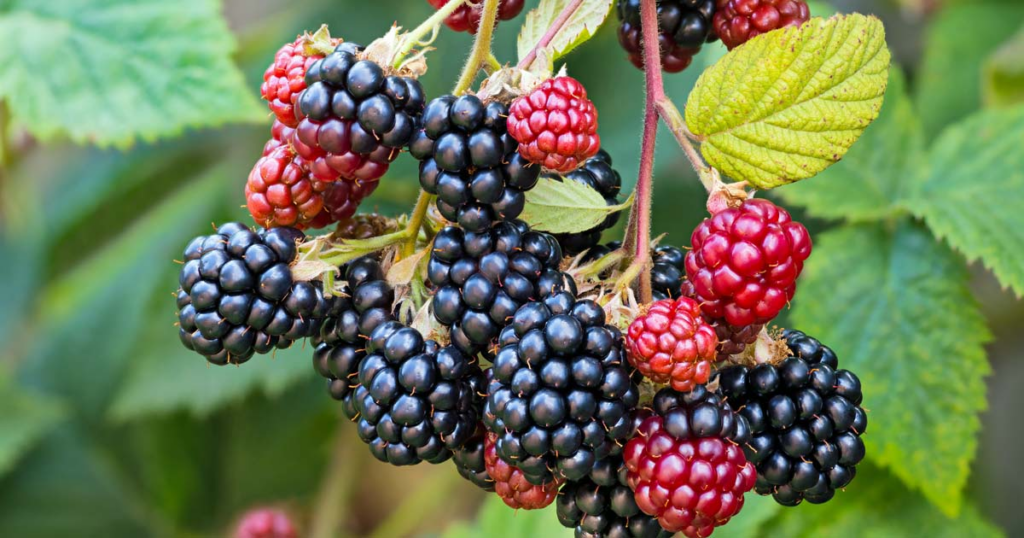
Carbs: 9.61 grams
Blackberries, with their bold flavor, come in at 9.61 grams of carbs per 100 grams. Their antioxidant-rich profile adds nutritional value to keto-friendly desserts.
Fruits to Approach with Caution
For those committed to a stringent keto lifestyle, being cautious about high-sugar fruits is essential. Here’s a list of fruits to approach with care, mindful of their higher carb content:
1. Apples

Carbs: 15.6 grams
Apples, with their natural sweetness, present a higher carb content of 15.6 grams per 100 grams. While nutritious, they require moderation for those on a strict keto regimen.
2. Grapes
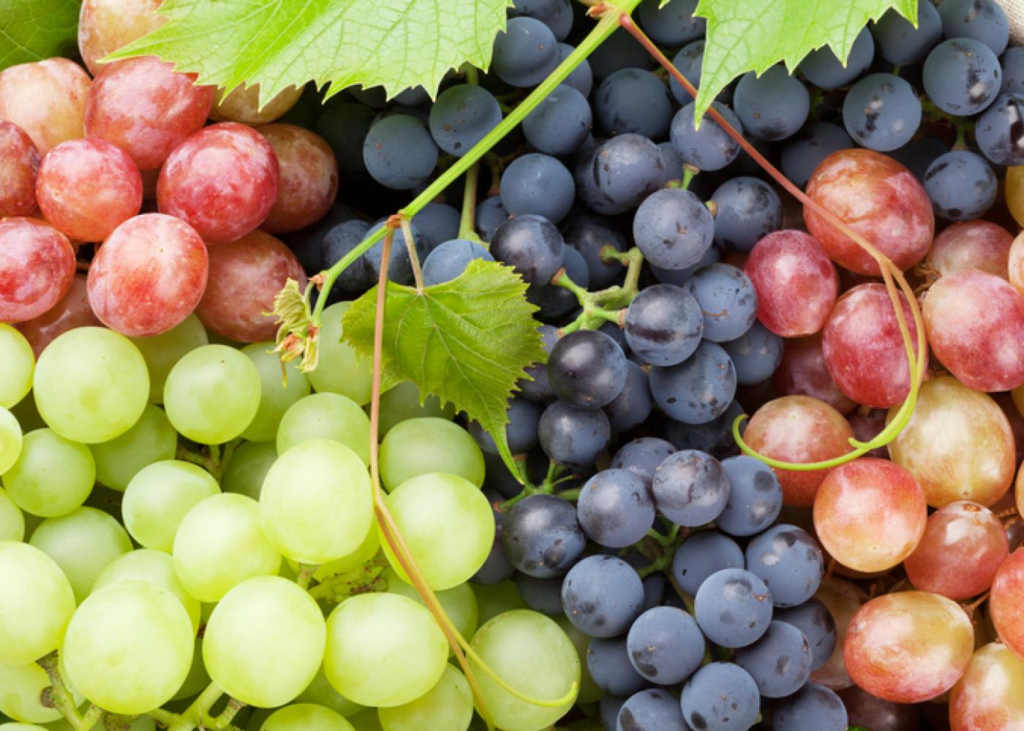
Carbs: 18.6 grams
Grapes, in all their small and juicy glory, boast a significant carb content of 18.6 grams per 100 grams. Their sweetness necessitates careful consideration for keto adherents.
3. Bananas
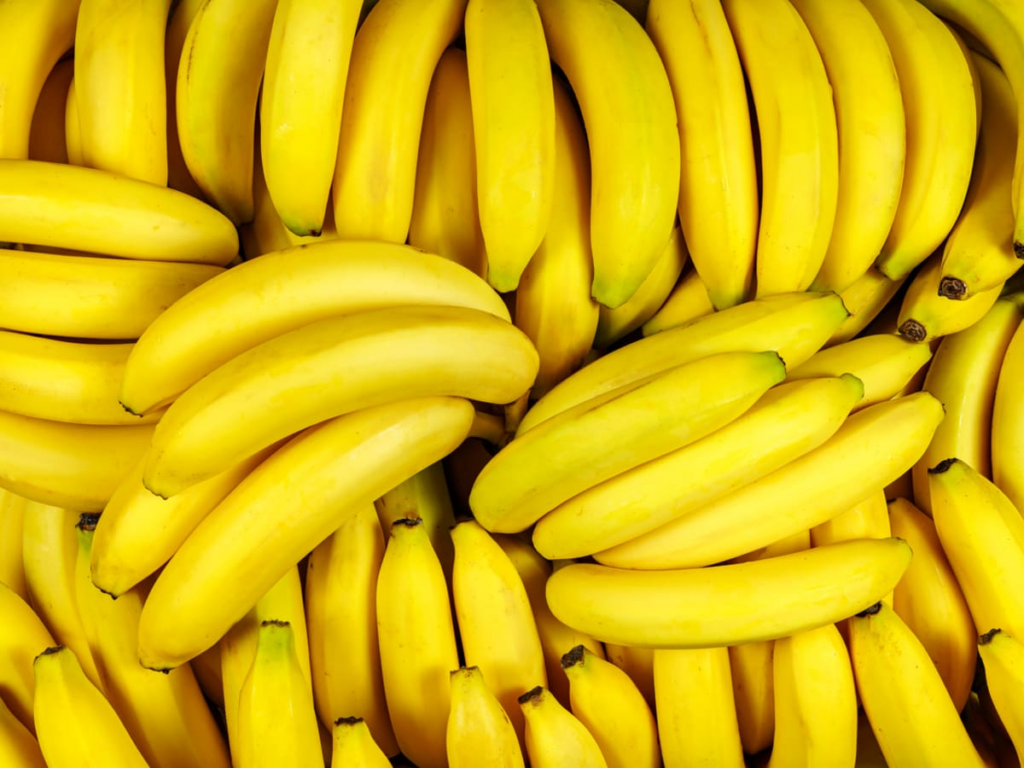
Carbs: 20.1 grams
Bananas, a convenient and portable snack, reveal a substantial carb content of 20.1 grams per 100 grams. Their high sugar content makes them less suitable for a strict keto approach.
4. Mangos
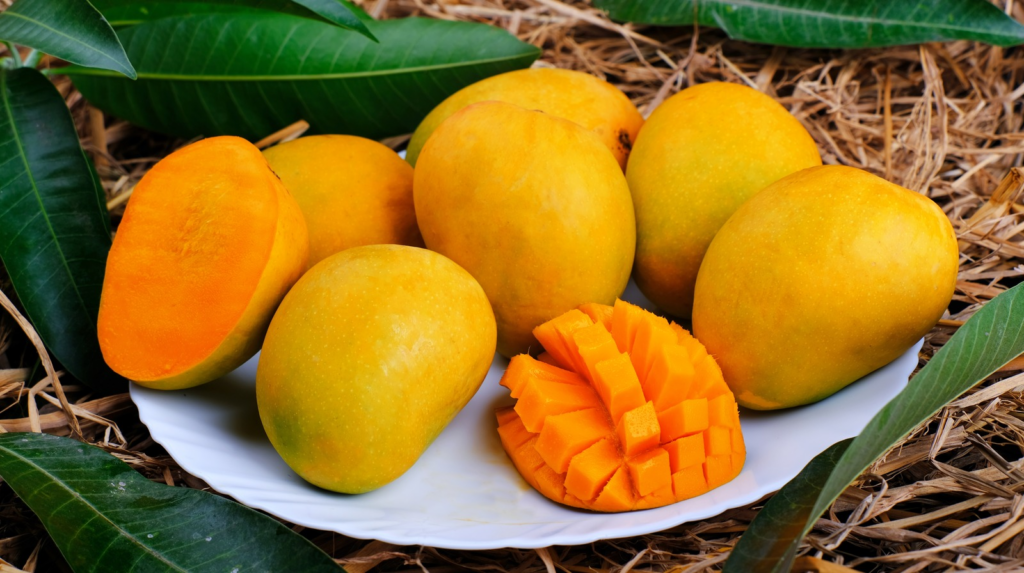
Carbs: 15 grams
Mangos, celebrated for their tropical sweetness, offer 15 grams of carbs per 100 grams. While flavorful, their carb density places them on the cautious list for keto enthusiasts.
5. Pineapples
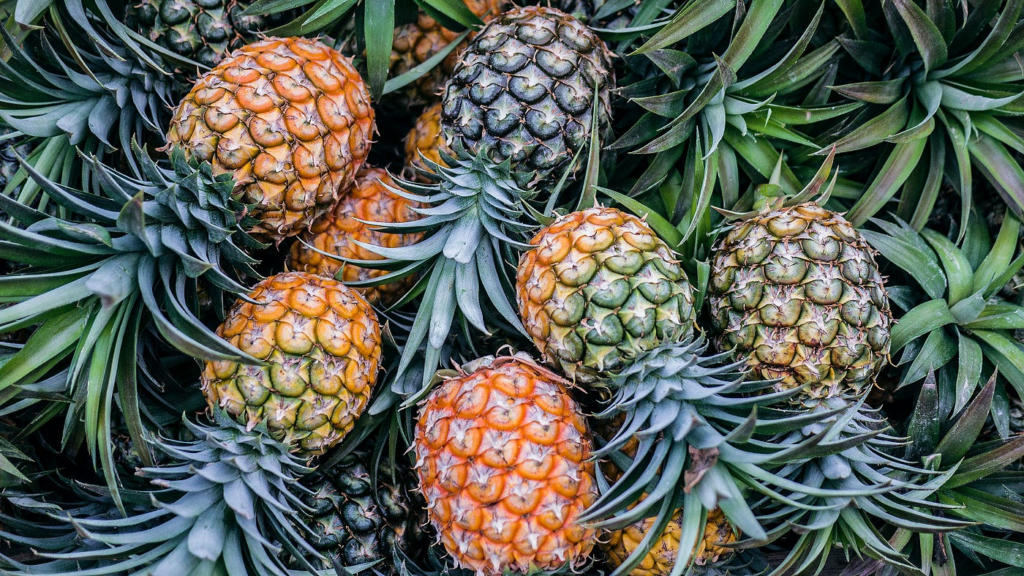
Carbs: 14.1 grams
Pineapples, with their exotic appeal, register at 14.1 grams of carbs per 100 grams. Their sweetness calls for moderation when navigating the keto path.
6. Pears
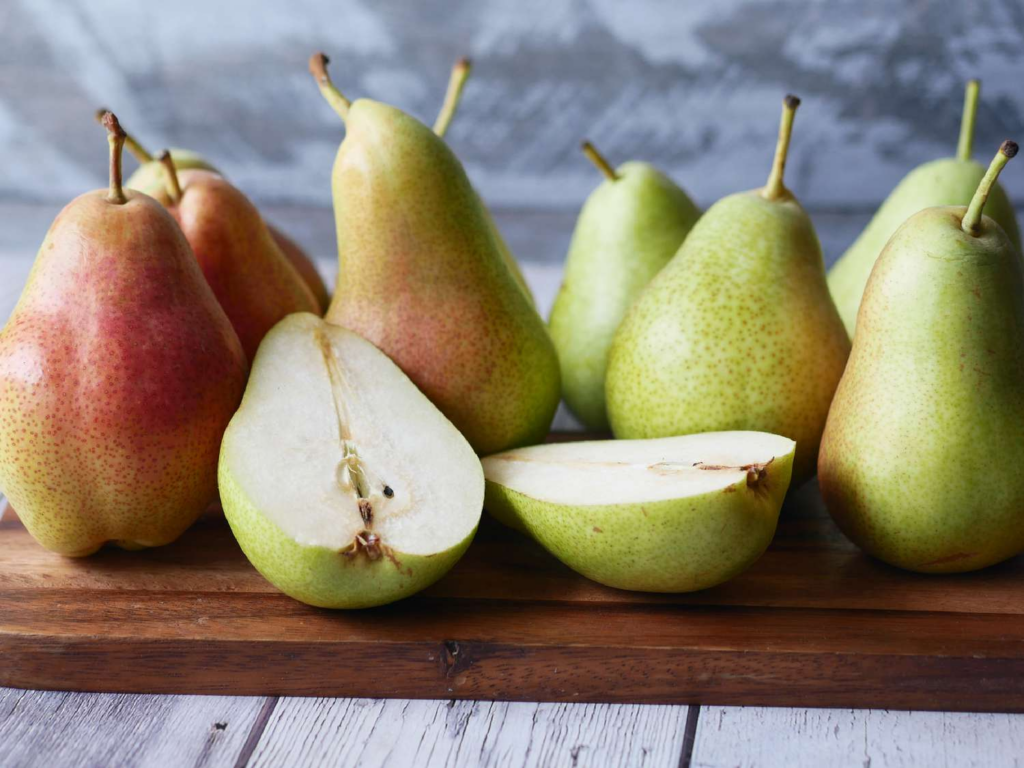
Carbs: 15.1 grams
Pears, with their juicy and succulent texture, bring a carb content of 15.1 grams per 100 grams. While a wholesome fruit, keto adherents may opt for moderation.
7. Cherries

Carbs: 16.2 grams
Cherries, with their vibrant red hue, present a higher carb content of 16.2 grams per 100 grams. Their natural sugars warrant mindful consumption in a keto context.
8. Plums
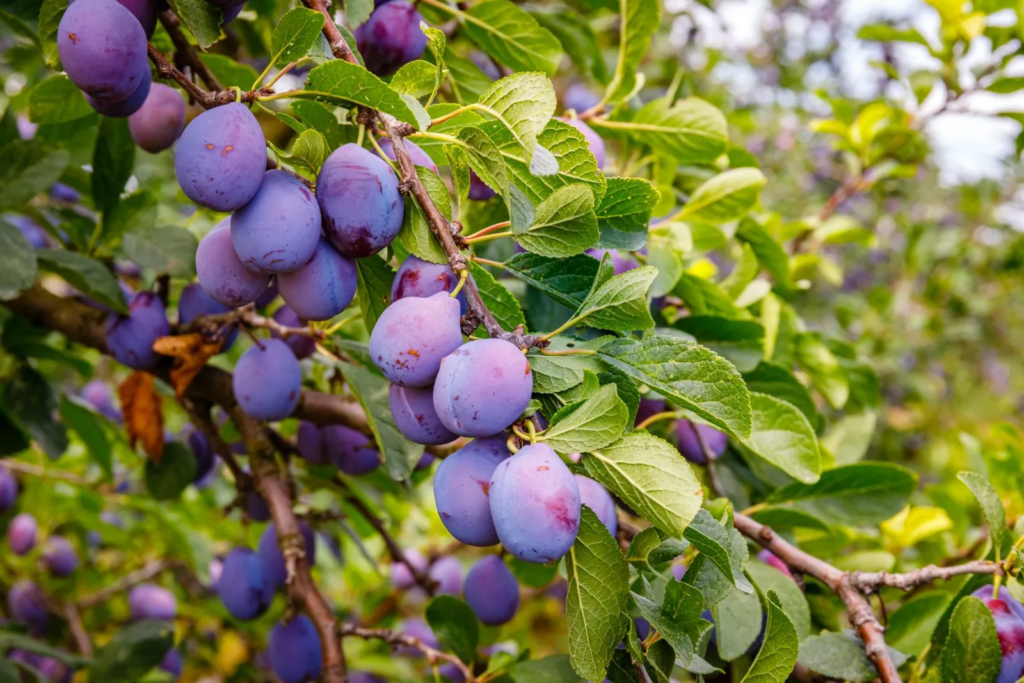
Carbs: 11.4 grams
Plums, with their deep purple skin, provide 11.4 grams of carbs per 100 grams. While nutrient-rich, they require moderation for those on a strict keto regimen.
Conclusion
In conclusion, the keto diet is a low-carb, high-fat eating plan that focuses on achieving ketosis, a metabolic state where the body burns fat for energy. When it comes to vegetables, choosing those low in carbs is crucial for staying within the dietary guidelines. Incorporating a variety of keto-approved vegetables into your daily rotation ensures a well-rounded intake of essential nutrients.
It’s essential to be aware of non-keto vegetables with higher carb content and to avoid them to maintain the desired metabolic state. Additionally, for those craving a hint of sweetness, opting for low-carb fruits in moderation can be a satisfying addition to the keto journey.
As with any dietary change, consulting with a healthcare provider is recommended, especially for individuals with pre-existing health conditions. The keto diet has shown promising results for weight loss and blood glucose control, but individual responses may vary, and professional guidance can help tailor the approach to specific needs and goals.






[…] Keto Vegetables: Discover the low-carb wonders of keto-approved vegetables and fruits. Dive into our detailed guide, uncoverin […]
[…] 7. Roast a sheet pan of vegetables […]